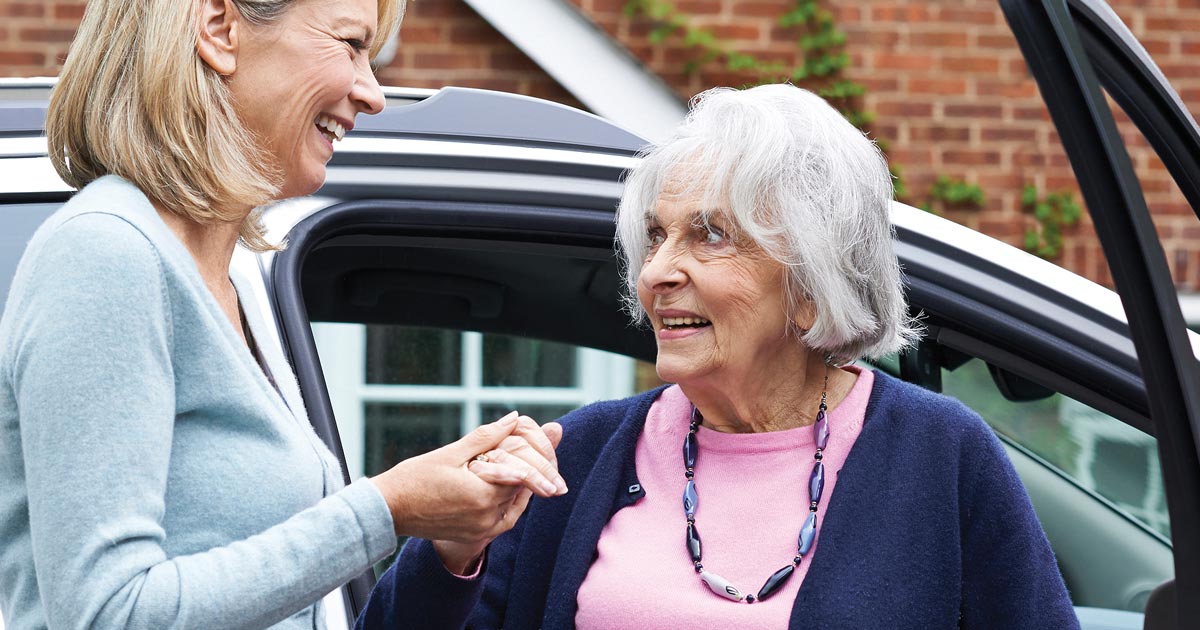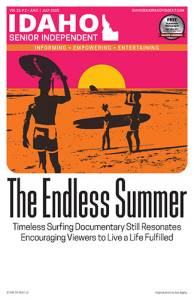Contains affiliate links
By LISA M PETSCHE
If you are planning to take an older relative on a vacation that involves car travel, thorough preparation is the key to success, especially if the person has special healthcare needs.
Follow these tips for a safe and enjoyable experience.
Planning
- Set realistic expectations. Consider your loved one’s needs and limitations.
- Make plans and start necessary preparations well in advance. Devise lists to reduce stress.
- Include your loved one in the preparations to the best of their ability.
- Learn the location of the nearest hospital in any areas you plan to visit. Avoid destinations where a hospital is far away.
- Arrange for your relative to visit the doctor pre-trip. Share your travel plans and any health-related concerns, such as motion sickness, bladder issues, or circulation problems.
- If your loved one has trouble walking long distances, rent a wheelchair or ensure that the places you plan to visit have some available.
- Have your car checked and serviced before departure.
- If you are going to an unfamiliar area, obtain a road map and study it. If you belong to an automobile club, take advantage of its route-planning service.
- Plan to do as much driving as possible during off-peak traffic times. Or choose the scenic route if time and your loved one’s sitting tolerance permit.
Packing
Include the following items when drawing up a packing list:
- Loose-fitting, breathable clothing, comfortable walking shoes, a wide-brimmed hat, and a cardigan for air-conditioned environments and cool evenings.
- Sufficient prescription and over-the-counter medications to cover the time you plan to be away, plus a few extra days’ worth, in case your return is delayed.
- Sunscreen, insect repellent, antihistamine, and motion sickness tablets.
- A list of all health conditions and medications in case of a medical emergency.
- Any necessary medical equipment and supplies, such as a walking aid, food supplements, incontinence pads, or diabetic supplies.
- A cushion or two for comfortable positioning in the car.
- An extra pair of eyeglasses and spare hearing aid batteries.
- Sunglasses and umbrellas (the latter primarily for instant shade).
- A pillow and a nightlight.
- Snacks and a cooler containing sandwiches and beverages.
- Favorite music or audiobooks for the ride.
- Emergency roadside and first aid kits.
- Cell phone (charge it in advance and bring a recharging unit).
- Disabled parking permit.
Driving
- Top off the gas tank at frequent intervals.
- Stop approximately once per hour for stretch breaks or short walks.
- Choose stops that have clean, well-lit restrooms with good accessibility.
- Wear seatbelts and, if your relative is in the front seat, ensure that the headrest is centered at the back of their head.
- Encourage your loved one to shift their weight often and to do neck and shoulder stretches and foot flexes.
Lodging
- When checking in, ask for a room close to the lobby or elevator. A ground-floor room is ideal in case of an emergency in which elevators become inoperable.
- If your loved one has a back problem, request a room with a recently replaced mattress.
Recreation
- Space out activities and allow ample time for each.
- Schedule outings for the time of day when your relative’s energy level is highest. Stick to regular meal, medication, and sleep times.
- Have a flexible itinerary. Take things one day—and one activity—at a time.
- Ensure plenty of time for rest and relaxation! ISI
Lisa M. Petsche is a social worker and a freelance writer specializing in elder care.










